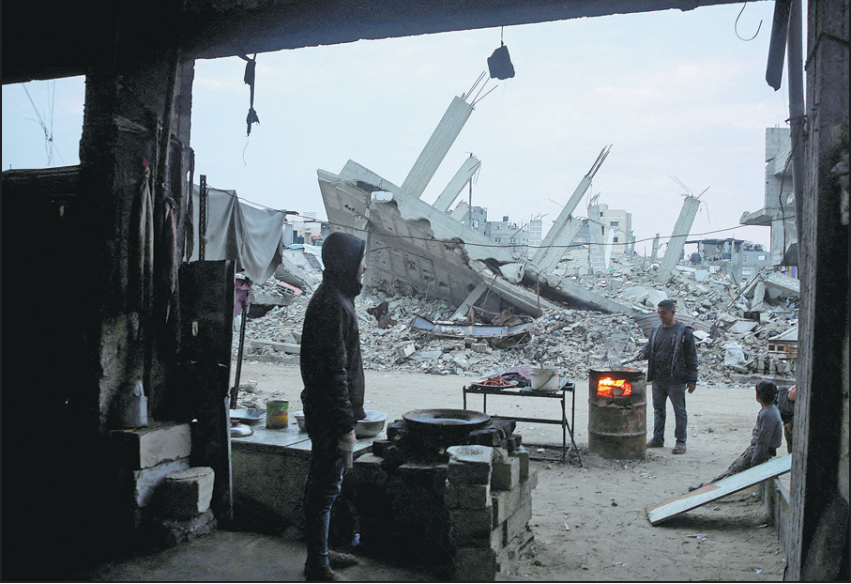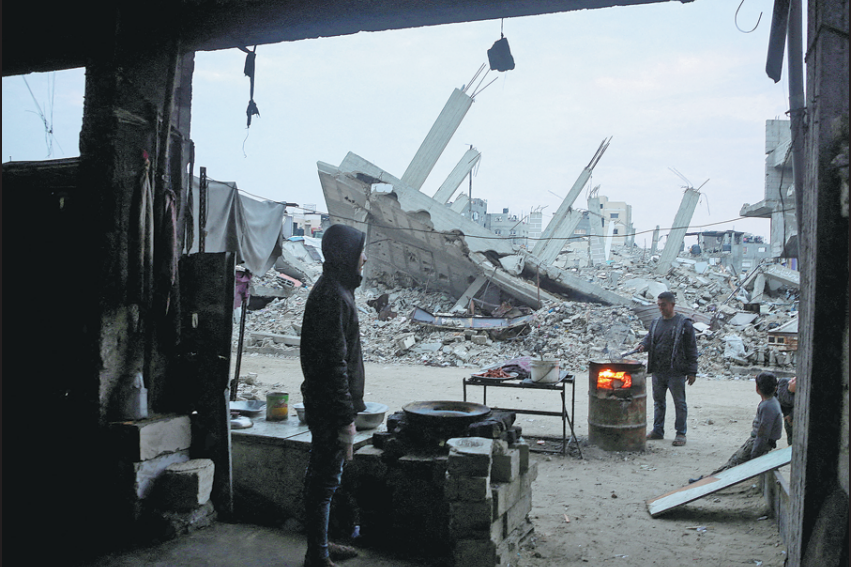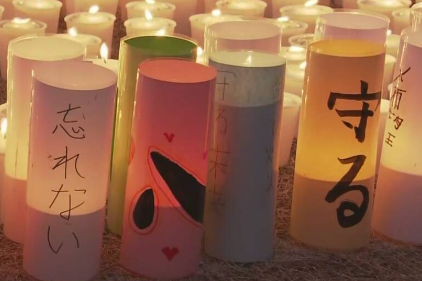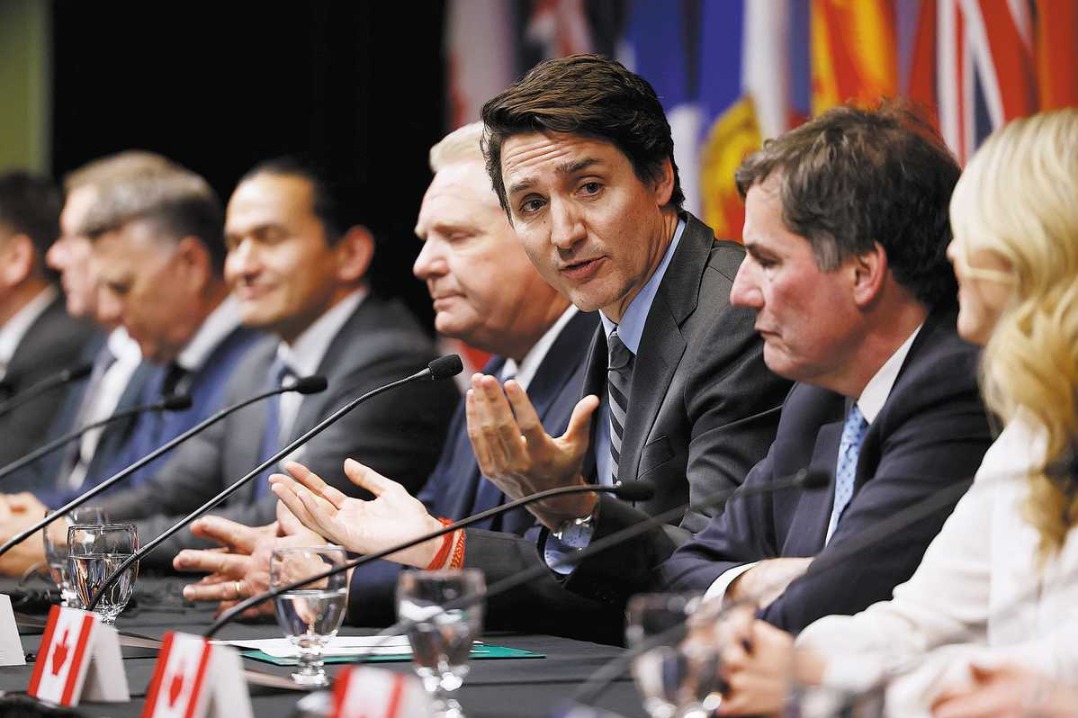Israel confirms deal on truce, hostages reached
Release efforts to proceed as planned but prospects of implementation uncertain


The office of Israeli Prime Minister Benjamin Netanyahu has confirmed that a Gaza cease-fire and captives deal has been reached with Hamas.
However, how the deal, which is still deemed fragile by analysts will be implemented remains uncertain.
"Prime Minister Benjamin Netanyahu has been updated by the negotiating team that agreements have been reached on a deal for the release of the hostages", the official account of the Office of the Prime Minister of Israel posted on X early on Friday.
After the confirmation of "agreement finalized" by Netanyahu's office, the Israeli security cabinet met later on Friday and approved the deal, which was expected to go to the full cabinet of ministers for final approval.
"The release of the hostages can proceed according to the planned framework, with the hostages expected to be released as early as Sunday," the office said.
Friday's meeting comes Netanyahu's office said on Thursday there were last-minute snags in finalizing the agreement, the office blamed Hamas for the holdup in confirmation.
Hamas rejected the claim soon afterward. "We are committed to the cease-fire agreement announced by the mediators," said senior Hamas official Izzat al-Rishq in a statement.
Hamas also said on Friday that obstacles that arose in relation to the terms of the cease-fire agreement have been resolved, according to a statement issued by the group.
However, apparent divisions within the Israel coalition government regarding the deal make its implementation uncertain.
Israeli public radio said a crisis within the government coalition caused the delay in approval, partly involving Finance Minister Bezalel Smotrich, who has vocally opposed any deal with Hamas. Nevertheless, a majority of ministers backed the truce.
Unpredictable future
Discussing the latest situation regarding the truce, Abdulla Alkhaja, a research assistant at TRENDS Research and Advisory, said: "Right now, it is very unpredictable, to say the least."
The three-phase deal brokered by the United States, Qatar and Egypt allows for the release of hostages and imprisoned people from both sides and humanitarian aid to Gaza in the initial 42 days.
"Hamas currently is likely to abide by this agreement, as Palestinians, of course, have everything to lose if this fighting resumes. However, there are underlying issues that seem or remain unresolved by the cease-fire. And without resolving these matters, conflict is (likely to) break out once more," Alkhaja told The Khaleej Times, a newspaper in the United Arab Emirates.
Alkhaja added that the first focus of all aid groups when the cease-fire begins on Sunday will be to ensure aid gets into Gaza.
In Gaza, the initial joy of the displaced was thrown into dismay as Israeli warplanes continued their intense bombardment, with Palestinian authorities reporting that at least 113 Palestinians were killed, including 28 children and 31 women, in Israeli attacks on Gaza since the announcement of a cease-fire deal.
The cease-fire leaves questions about Gaza's future unanswered.
US President-elect Donald Trump's Middle East envoy joined the talks in the final weeks, and both the outgoing administration and Trump's team took credit for the breakthrough.
Longer-term questions about Gaza remain, including who will oversee the daunting task of reconstruction.
On Thursday, Houthi leader Abdul Malik al-Houthi said the Houthis would keep up attacks if Israel does not abide by the Gaza truce.
Abbas Araghchi, foreign minister of Iran, congratulated Hamas on Thursday on the victory of the resistance and the Palestinian people against the Israeli fighting in Gaza.
Agencies contributed to this story.
































